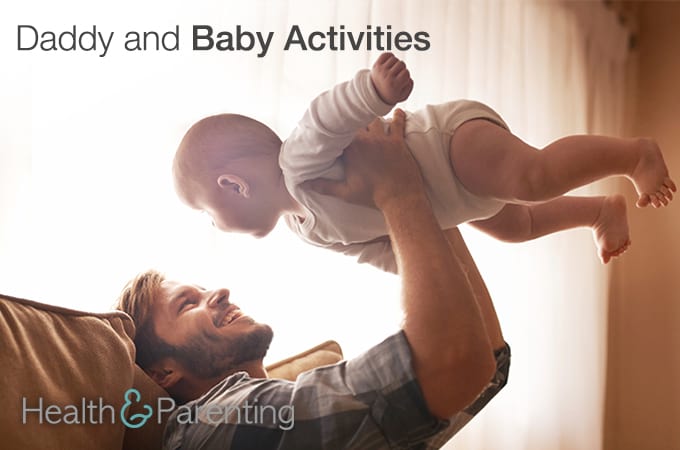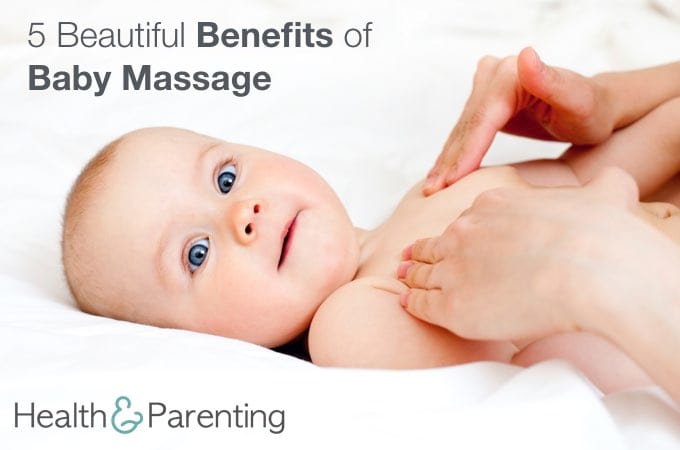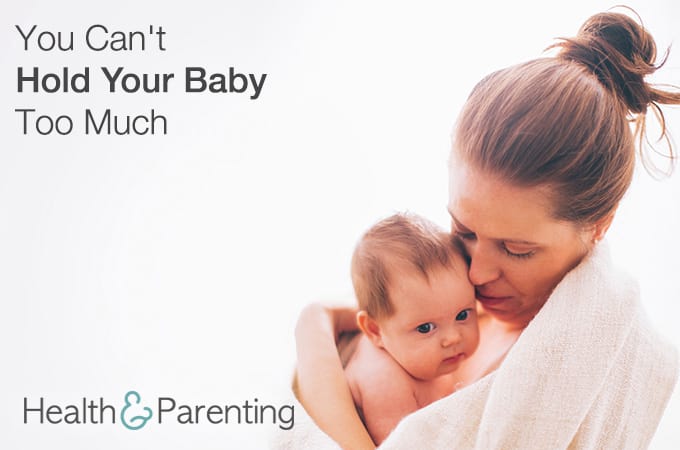Making the leap from a family of three to a family of four, or more, can be daunting for parents. You may be worried about how you will cope with the sleepless nights now that you have a toddler to look after as well. Or how, in the midst of those first few weeks, you will find the energy and time to properly care for your existing child, considering that last time you struggled to find the time to feed yourself.
Your biggest worry though, the one that keeps you awake at night, is how your first child will feel when the new baby arrives. How can you avoid feelings of resentment building up, or your eldest feeling left out? What steps can you take to lay the foundations for a loving and respectful sibling relationship? Here are five tips to prepare your child for a new baby:
- Involvement – the first way to stop your child feeling left out is to actively involve him. This could include taking your child to midwife appointments, if practical, and accompanying you to antenatal scans. You could use a pregnancy week by week book to research the baby’s development together each week. Towards the end of the pregnancy, you may like to get your child involved in choosing items for the nursery. The level of involvement will depend on your child’s age.
- Bonding – bonding with your bump is a great way to build a good relationship between siblings. Not only will it help him adjust to the idea of a sibling, it will help the baby to recognise his voice after the birth. Ask him to read or talk to the bump for a few minutes each day. If the baby has an active period during the day, you could try it then so that your child can feel the baby’s kicks and movements responding to his voice.
- Communication – your child is likely to have a lot of questions about the new baby, including questions like “but how did it get in your tummy?” and, “how will it get out?”. Children are naturally inquisitive and love learning new things. Try to answer the questions as honestly as you can, or you could research it together using age-appropriate books if you prefer.
- Hospital – if you are planning to give birth in the hospital, the separation from you will be difficult for your child. Make sure your child will be looked after by someone he trusts and enjoys spending time with. Prepare him for the separation, and explain that they will be able to visit as soon as possible. Make sure your partner stays in contact with your child throughout the birth, to keep reassuring him that you and baby are both ok. Some children worry about their mother’s safety during childbirth, and this can be quite stressful for them.
- Caring – your child may not yet be old enough to help look after the baby, but they could help you while you look after the baby. Giving your child responsibilities, such as getting the baby wipes or massage oil, can be a great way to involve your child in the baby care. You could also buy your child a doll to take care of while you are busy with the baby. You will find that he copies what you are doing, and will probably sit quietly next to you, caring for his doll as you care for the baby. For a little while at least!
If you think your oldest child is feeling jealous and resentful, try to spend some quality time with him away from the baby. Sometimes all it can take is an hour of uninterrupted play for your child to feel happy and ready to welcome the new baby again. Using a sling, especially one that allows for breastfeeding, can be a lifesaver when you have an older child. You’ll have your hands free to play with your child, and your baby will be happy feeding or sleeping in the sling.
Do you have any tips for introducing a new baby to an existing child?
Written by Fiona (@Fiona_Peacock), mother, writer and lover of all things baby related.
This information is not intended to replace the advice of a trained medical doctor. Health & Parenting Ltd disclaims any liability for the decisions you make based on this information, which is provided to you on a general information basis only and not as a substitute for personalized medical advice. All contents copyright © Health & Parenting Ltd 2017. All rights reserved.















